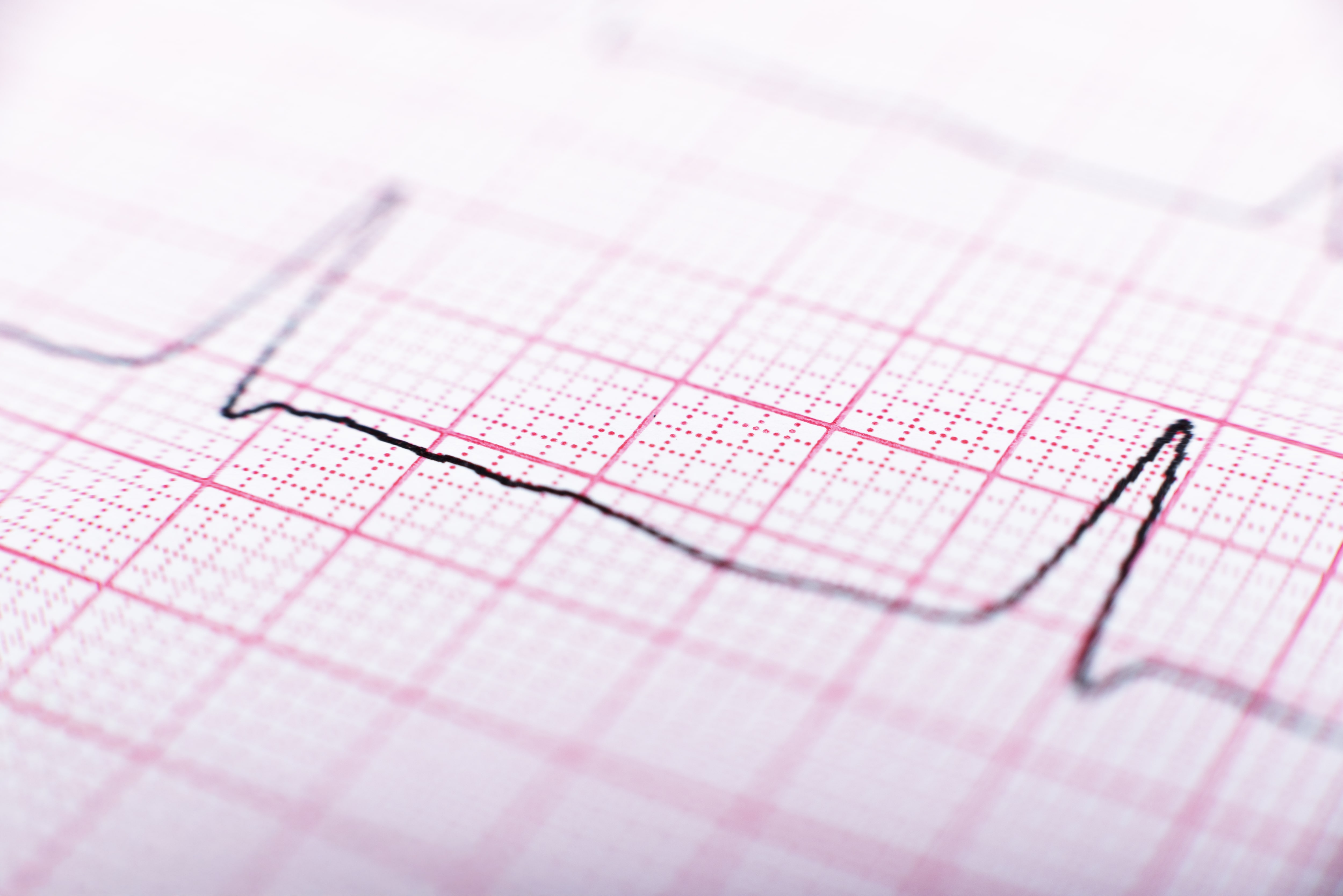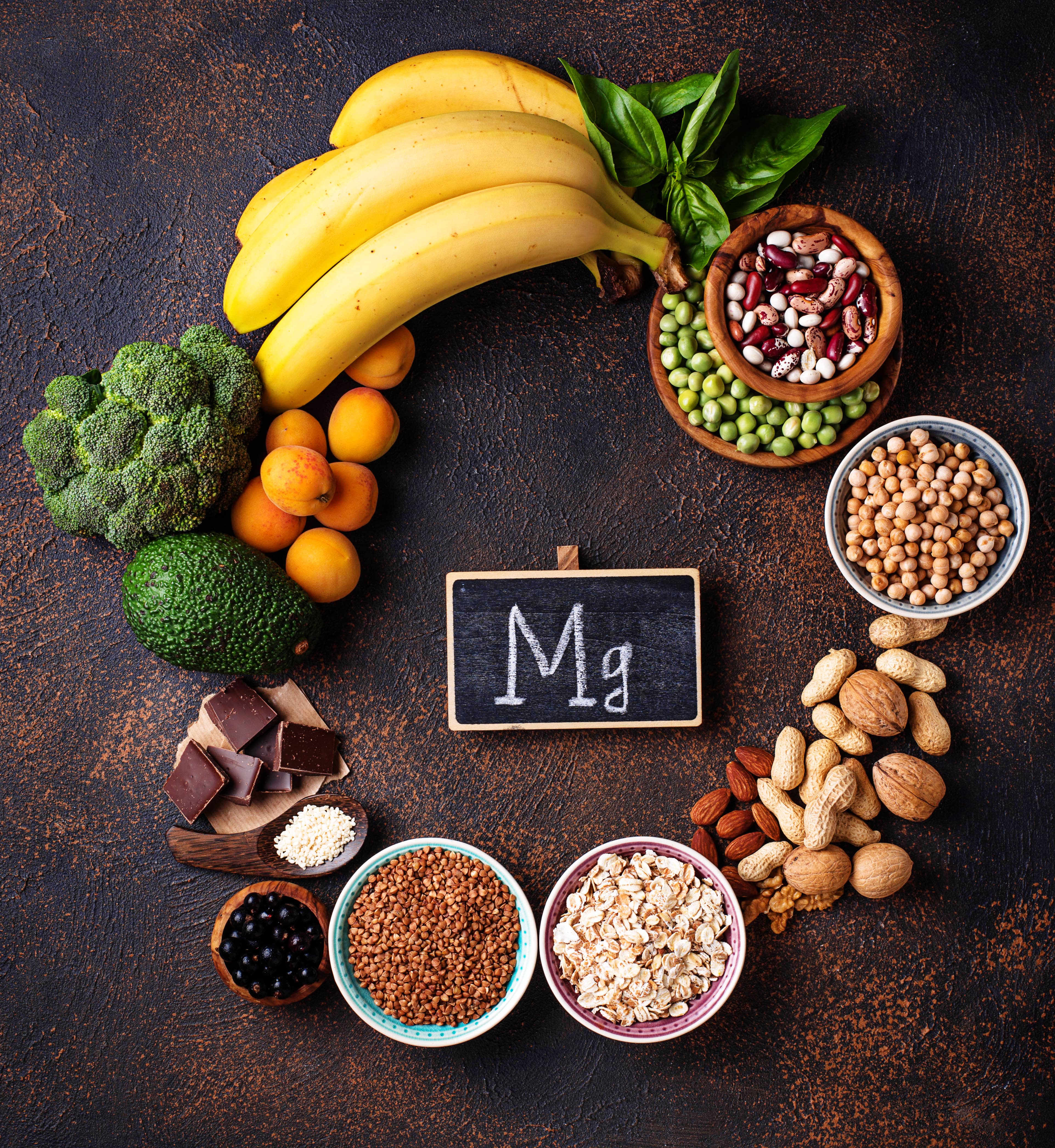Why Am I Suddenly Feeling My Heart Skip?
- Talia Dali
- Perimenopause & Menopause
You’re just sitting there, enjoying your herbal tea or halfway through a yoga class when suddenly — thump, flutter, skip — your heart decides to audition for a drum solo.
Welcome to the wonderful world of perimenopausal arrhythmia.
And no, it’s not “just anxiety.” And no, you’re not imagining things. Let’s unpack what’s going on — with science, a little sass, and plenty of empathy.
Hormones and Heart Rhythms: What’s the Deal?
Estrogen isn’t just the hormone that makes your skin glow and keeps your vagina happy. It’s also deeply involved in your cardiovascular system.
When estrogen drops — like it does in perimenopause and menopause — things shift. Estrogen normally helps keep blood vessels flexible, supports nitric oxide (which relaxes vessels), and helps regulate the autonomic nervous system (that lovely internal switchboard that controls heart rate).
Without it? Heart rate variability may decrease. Your body might become more sensitive to adrenaline. And yes — palpitations, skipped beats, and those weird fluttery moments can become frequent flyers.

Is It Serious?
Not always. In many cases, these sensations are benign arrhythmias like premature atrial or ventricular contractions (PACs or PVCs). Annoying, yes. Dangerous, not usually.
But — and this is a big BUT — it’s always worth checking in with your doctor. Here’s when to seek help:
If the palpitations are new, persistent, or worsening
If they come with chest pain, shortness of breath, dizziness or fainting
If they affect your ability to function
Because yes — many women end up in the ER thinking they’re having a heart attack, only to be told it’s “just anxiety.” It may also be anxiety — but that doesn’t mean it’s not real. And that doesn’t mean it’s not connected to your hormones.
Cortisol Joins the Party
Ah yes, cortisol. The stress hormone that thinks it’s the star of the show.
Perimenopause is a time when your adrenal glands often pick up the slack for declining ovarian hormone production. If you’re juggling work, kids, aging parents, and night sweats, cortisol might be running the show — and too much of it can increase your heart rate, blood pressure, and even trigger arrhythmias.
So now it’s not just estrogen doing the tango. It’s a whole hormonal dance party.
Does HRT Help?
For many women, yes — hormone replacement therapy can reduce palpitations, especially when started in the right window (under age 60 or within 10 years of menopause). It stabilizes the autonomic nervous system, supports vascular tone, and helps regulate adrenaline sensitivity.
But it’s not for everyone. And it’s not a magic pill. Work with someone who actually understands midlife hormones (hint: not always your average cardiologist).
What Can You Actually Do About It? (Besides Panic)
Let’s get to the practical part. Here’s what the research — and thousands of women — tell us can help:
How Exercise Helps — And When It Doesn’t
Moderate aerobic activity (like walking, swimming, or biking)? Fantastic. It improves heart rate variability, reduces cortisol, and makes your vagus nerve happy.
Strength training? Yes, queen. It supports insulin sensitivity, reduces inflammation, and helps counter hormonal weight gain.
Yoga and breathwork? A must. Especially for calming that overactive sympathetic system (the one that screams “emergency!” every time the dishwasher beeps).
But… if you’re doing HIIT six times a week, not sleeping, and still wondering why your heart is racing? Overtraining is a thing. And it’s not helping your hormones.

Supplements That Have Your Back (and Heart)
Let’s be clear: these aren’t cures, but they can support your system — especially when the cardiologist says “everything looks fine.”
Magnesium (glycinate): Calms nerves and supports normal heart rhythm. Also great for sleep. (200–400 mg/1h before going to bed)
CoQ10 (Ubiquinol): Powers up heart cells. Especially important if you’re on statins. (100–200 mg/day)
Omega-3s: Anti-inflammatory and supportive of heart membrane stability. (1–2 g/day)
L-Theanine: Calms stress-induced palpitations. (100–200 mg as needed)
Adaptogens: Like Rhodiola or Ashwagandha — helpful if stress and cortisol are part of the picture.

(And no, wine doesn’t count as a supplement. Sorry.)
Final Thoughts: You’re Not Broken, You’re Rebalancing
Heart palpitations during perimenopause or menopause are common — but not something you should ignore.
Your hormones are changing. Your stress response is heightened. Your nervous system is trying to find a new rhythm.
Support it. Talk about it. And please — advocate for yourself. If your doctor says it’s “just anxiety,” ask them to rule out real issues too. You deserve real care.
Because your heart isn’t just an organ. It’s your rhythm. Your intuition. Your pulse in this new phase of life.
And it deserves to be heard.